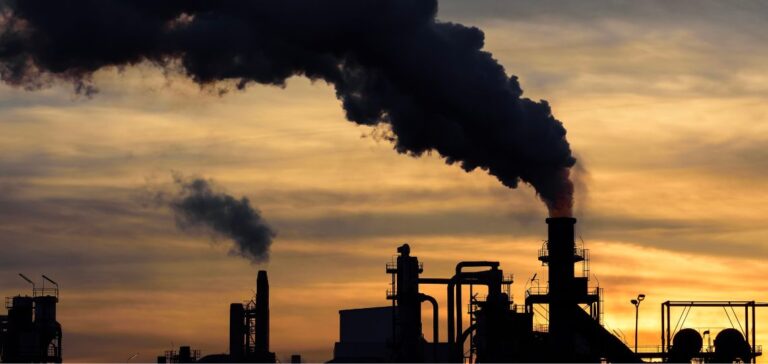The world’s fossil fuel reserves contain the equivalent of 3.5 trillion tons of greenhouse gases, which would be released if used and would undermine international climate goals, according to a groundbreaking inventory released Monday.
This phenomenal amount is what would be released into the atmosphere if all oil, gas and coal reserves were produced and used, according to this global registry created by Carbon Tracker and Global Energy Monitor.
This is equivalent to “more than all emissions since the industrial revolution” and “more than seven times the remaining carbon budget to meet the 1.5°C temperature limit,” the authors say. This notion of carbon “budget” refers to the amount of CO2 that can be emitted for a given result, in this case the most ambitious target of the Paris climate agreement.
The warming since the industrial era, which has been fueled by fossil fuels, has already reached 1.1°C, leading to a series of disasters.
The International Energy Agency (IEA) suggested last year that no new oil and gas projects should be undertaken, to accompany a rapid decline in demand and to keep global warming under control.
The registry – which contains data on more than 50,000 sites in 89 countries – aims to provide political leaders and civil society with the data needed to manage the phase-out of fossil fuels.
In particular, the register shows that the United States and Russia each hold enough fossil fuel reserves to blow the entire global carbon budget, even if all other countries stopped production immediately.
It also identifies the most powerful source of emissions in the world: the Ghawar oil field in Saudi Arabia.
“The global registry will help governments, businesses and investors make decisions to align their fossil fuel production with the 1.5° temperature limit and thus concretely prevent the disappearance of our islands,” stressed Simon Kofe, Minister of Foreign Affairs of Tuvalu, one of the Pacific archipelagos threatened by rising seas and global warming.
“We now have a tool that can help effectively end coal, oil and gas production,” he hopes, in a statement accompanying the release of the registry.





















